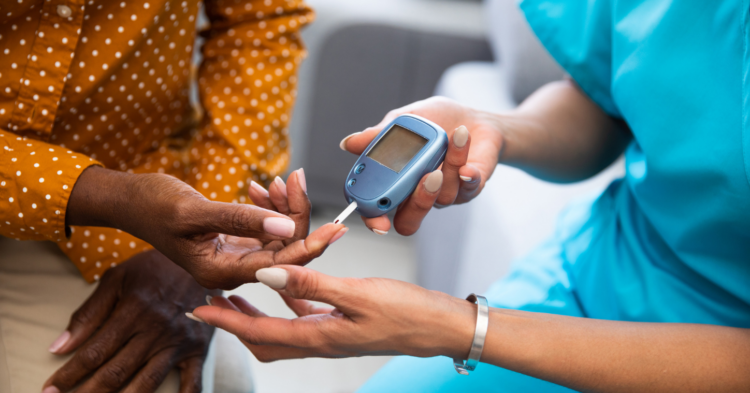The Diabetes Association of Nigeria (DAN) has raised alarm over an “existential threat” faced by six million Nigerians with diabetes due to skyrocketing healthcare costs.
In a statement marking United Nations World Diabetes Day, observed on November 14, DAN’s National President, Dr. Ejiofor Ugwu, noted that diabetes claims the lives of 30,000 to 40,000 Nigerians each year.
Dr. Ugwu highlighted that between 6 and 8 million Nigerians, approximately 5.7 percent of the population, are affected by diabetes, though this estimate may be low as two-thirds of cases remain undiagnosed due to a lack of routine screening.
“Diabetes kills an estimated 30,000 to 40,000 Nigerians annually,” Dr. Ugwu stated, adding that diabetes management in Nigeria faces numerous challenges, including widespread poverty, low awareness, a shortage of diabetes specialists, cultural and religious barriers, and insufficient care facilities.
According to Dr. Ugwu, the cost of diabetes medications and consumables has risen dramatically in the past year. He cited that the price of insulin, once around N4,000 per vial, now stands at approximately N18,000, a more than 400 percent increase, putting care out of reach for many patients. “This creates a significant barrier to optimal diabetes care in Nigeria, resulting in increased complications and premature deaths,” he said.
Dr. Ugwu urged the Federal Government to urgently subsidize diabetes medications and consumables to make them more affordable. Additionally, he called for a full tax waiver on the importation of diabetes-related medications and consumables and advocated for the reintroduction of a sugar-sweetened beverages tax—discontinued in June 2024—with revenues directed toward diabetes and non-communicable disease prevention.
Dr. Ugwu also emphasized the need for a national survey on non-communicable diseases, stating that reliable data would support informed healthcare policy-making in Nigeria.



